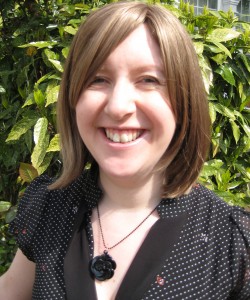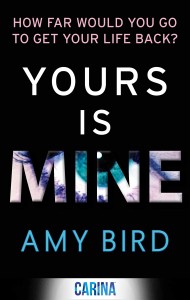 This post was contributed by Mohsin Aboobaker, Birkbeck’s Careers and Employability Manager.
This post was contributed by Mohsin Aboobaker, Birkbeck’s Careers and Employability Manager.
A lot has been written in the last week about the increasing number of graduate opportunities for 2015 with bullish predictions of an increase as large as 18% higher than in 2014. This is good news and alludes to an improving economy. The financial services sector is like to be at the head of the opportunities offered to graduates with figures indicating that recruitment will be up by 42% through the summer.
There has been much debate over the last few months as to whether, while the number of opportunities increases, the right calibre of graduates is available. Often, forward thinking businesses and organisations work quickly to ‘snap-up’ the right profiles but similarly, the Association of Graduate Recruiters also identified that 23% of employers did not manage to fill their vacancies in 2013 and this trend continued in to 2014 which of course may mean more of the same for the coming year.
What has become increasingly clear over a period of 18-24 months is that businesses are no longer just interested in academic backgrounds and much is made of the right ‘personality fit’. More value has to be added and this is explored through student employability, attitude and passion. Equally, students and graduates have become much more interested in finding the ‘right type’ of company pertaining to a list of criteria. Mission and values are becoming a big part of the search process, so too the culture of the organisations and whether these synergise with expectations.
The start-up industry has also disrupted the landscape for graduates. The opportunity to be involved at the incubator stage of a business is becoming increasingly popular, due to the benefits that come with these types of opportunities; flexible working, equity options and being able to have a key influence in the direction of the business, to name a few.
There is a long-standing connection between study and career development, however the way in which students are able to manage their aspirations boil down to circumstances. In the case of Birkbeck students, being able to develop your career while studying usually means being able to dictate the direction their careers will take. The key tool of our Careers and Employability Service helps graduates restructure their local environment and their self-development so that it best suits and works for them to make them more employable.
Our unique offer of studying in the evening while working during the day allows for a greater flexibility of options post-study. It also ensures that the level of employability among Birkbeck students is far more interesting – our students have a variety of backgrounds as well as life experience.
Though there is not a universal definition of employability, there is an understanding of its process and how it can benefit graduates in their search for a career. For Birkbeck and our students, employability is not just about the requirement of key skills for a particular career or job, but is also about the application of a mix of personal qualities and beliefs, understandings, skilful practices and the ability to reflect productively on experiences and to bring these qualities to a career.
. Reply . Category: Higher education . Tags: careers, economy, employability, work



